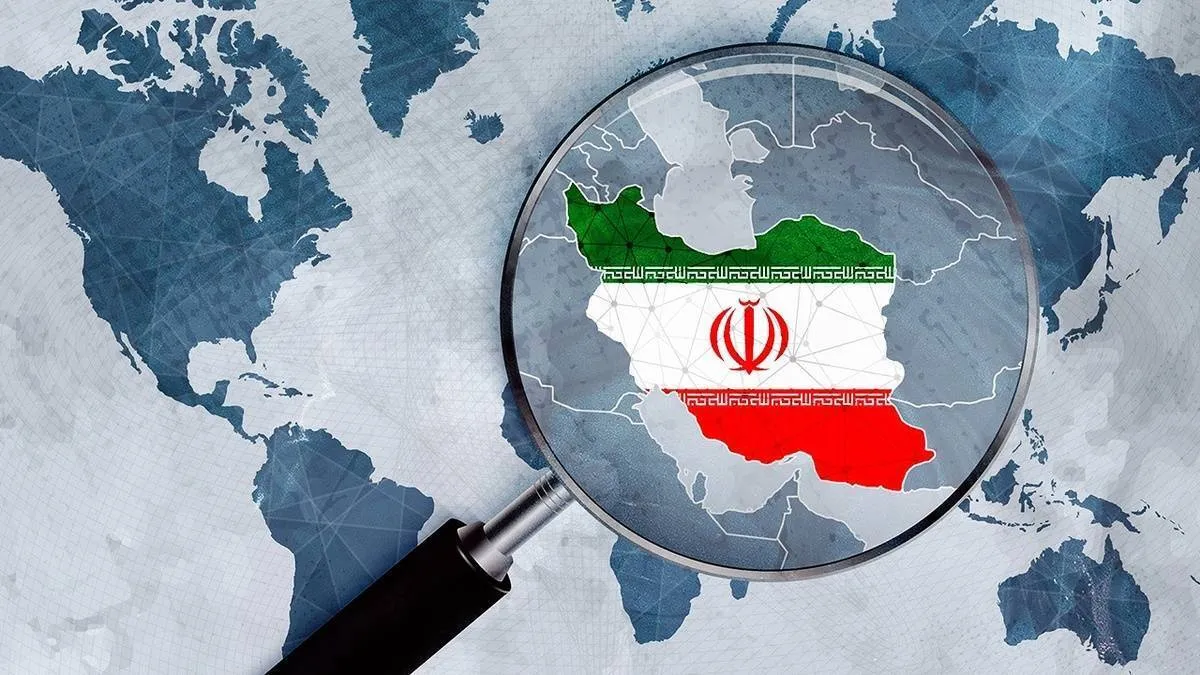Iranian Researchers Study Process of Formulating Policy Recommendations in Science, Technology

Mehdi Goudarzi (PhD in Technology Management), Hossein Reza Alizadeh (MSc in Technology Management), Jalil Qaribi (PhD in Science and Technology Policy) and Mostafa Mohseni Kiasari (PhD in Science and Technology Policy) in an article titled ‘Pathology of Science and Technology Policies in Iran: An Analysis of the Five-Year Development Plans’ explains that exploitation is the use of science and technology to settle real problems, helping the process of distribution, and penetration of science and technology in a society.
The research states that the insular compilation of plans, which means that each department pays attention only to the components within the department of a specific technology and avoids interaction with other departments, has always existed in all previous programs.
According to these researchers, this issue regarding the science and technology sector has led to the isolation and summarization of science and technology rulings to the issues of the Ministry of Science, Research and Technology, specially the issue of higher education, or providing general recommendations regarding the improvement of the country's science and technology system.
This research suggests that continuous interaction of the experts of the science and technology working group as a cross-sectoral working group with the working groups of other economic and industrial sectors of the country can be fruitful in helping them to formulate the rules of the plan, both in the form of educational activities and when writing the rules.
The researchers underlined the importance that one of the policy recommendations related to the content of the medium-term plan should consider the major challenges and issues of the country's progress in the next five years and should not and cannot cover all the current and future affairs of the country; therefore, the plan should realize the possibility of aligning the country's forward actions in the form of the program's provisions by highlighting some basic and central issues, and in other words, it should move from the comprehensive planning approach to core planning.
The researchers believe that excessive use of ‘assignment’ for the government reduces the flexibility of plans, but the excessive use of ‘permission’ will create flexibility, but it creates weakness in setting goals and ensuring their implementation.
4155/v





















